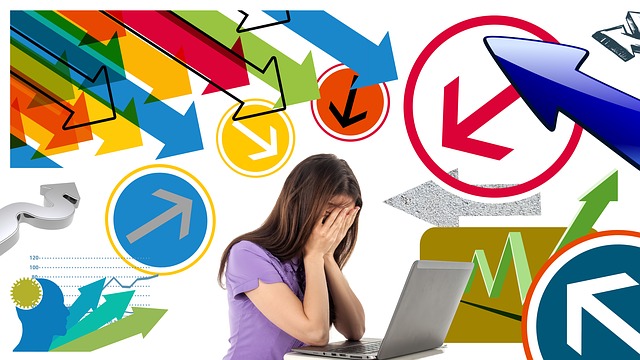Signs Your Job is Harming Your Mental Health
No workplace is free from stress all the time, but when you work in an especially stressful position it can have a grave impact on your physical and mental well-being. As a natural response, your body begins to produce more cortisol and adrenaline to help you cope with the stress. The result, however, is that your body remains in fight or flight mode for too long causing serious mental harm.
Do you believe that your job could be having an impact on your mental wellbeing? These signs are a dead giveaway.
Insomnia
Do you find it hard to get a good night’s sleep? Are you constantly tossing and turning thinking about something business-related? When work starts causing you to lose sleep, it essentially means you’re under too much stress. Insomnia is a symptom of chronic stress. When you’re not getting enough sleep it can impact your mood, productivity, and energy levels.
What to Do: To get a good 7 to 8 hours of sleep each night it might be best to create a wind-down period before turning in. Read an interesting book, watch a television show you enjoy, take a bath, or just sit in the room listening to music with the candles lit. Calming the body prior to trying to fall asleep can ease your nerves and improve your sleep.
Unexplained Weight Loss
Don’t seem to have much of an appetite these days? This could be an indicator that your body is overly stressed. Without a proper diet each day, however, this drains your body of key nutrients and minerals it needs to flourish thus impacting everything from your mood to your physical functions.
What to Do: If you can’t seem to get yourself to eat a full meal try eating smaller meals throughout the day. Have a fruit and veggie smoothie for breakfast, a salad or sandwich for lunch, some healthy snacks like protein bars, and a light dinner.
Loss of Motivation
With all the pressure you’re under at work the stress starts to take a toll on your energy levels. You may find that you’re tired or sluggish very often and, therefore, unproductive. As a result, you become uninspired to accomplish tasks and reach your goals.
What to Do: For starters, you need to start getting more sleep and eating foods that help to boost your energy. Also, start setting small goals and accomplishing them. With each achievement, you become more confident and, therefore, motivated to continue succeeding.
Drugs and Alcohol
Has your weekly glass of wine or beer turned into a daily routine after work? Do you find it comforting to smoke a joint to calm your nerves after a long day? Does your body ache from all the stress causing you to abuse painkillers? Unfortunately, a serious sign that your job may be eating away at your mental health is substance abuse or addiction.
What to Do: If you’ve started abusing or have become addicted to harmful substances it is imperative that you get help. Talk to your employer about your problem and look for facilities that offer both addiction and mental health treatment options.
Social Withdraw
Unhappiness in the workplace will eventually spill into your personal life. You become so stressed and tired that you don’t have the energy to enjoy the things you once did. Or, you’re so consumed with work that there’s no time for fun. Either way, isolating yourself from your loved ones and things that bring you happiness can lead to depression.
What to Do: Find ways to enjoy yourself again. Learn how to turn off work sometimes. Pencil in time on the books to spend with your family. Take up classes or join a club to participate in after work. Travel with friends and your significant other.
If you have experienced any of the above symptoms lately as a result of your job, it’s time to make some adjustments. Though you need your job to earn a living, if it is keeping you under constant stress to the point that you’re struggling with mental health problems, things need to change. Talk with your employer about making a more positive working environment or start practicing self-care methods as you apply for a position elsewhere.

